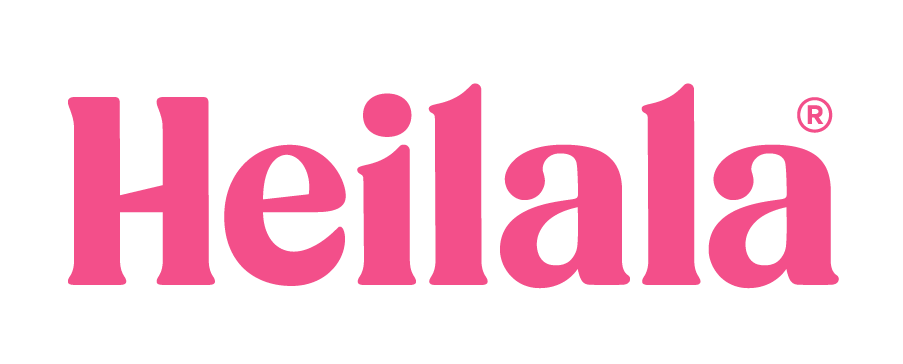

Heilala Vanilla

1.6
Bay of Plenty Region, New Zealand
July 2022
Food products
Manufacturing
Australia,
Brazil,
Canada,
Japan,
New Zealand,
Tonga,
United Kingdom,
United States
Heilala Vanilla is a premium vanilla brand with a purpose that goes far beyond the kitchen. Founded in partnership with a small Tongan community, Heilala began as a cyclone recovery project and has grown into a globally recognized leader in ethically sourced, sustainably produced vanilla. From farm to pantry, Heilala oversees every step of the journey — cultivating vanilla beans in the pristine environment of the Kingdom of Tonga, curing them using traditional methods, and crafting a range of award-winning vanilla products enjoyed by home bakers, chefs, and food manufacturers worldwide. As the world’s first vanilla company to achieve B Corp certification, Heilala is committed to creating a positive impact for people and the planet. Their vertically integrated supply chain delivers transparency, traceability, and fair returns for Tongan farming communities, while minimizing environmental impact and preserving the art of vanilla cultivation for future generations. Heilala Vanilla’s mission is simple yet powerful: to delight taste buds with the world’s best vanilla, while building a more equitable and sustainable food system.
Overall B Impact Score
Governance 17.5
Governance evaluates a company's overall mission, engagement around its social/environmental impact, ethics, and transparency. This section also evaluates the ability of a company to protect their mission and formally consider stakeholders in decision making through their corporate structure (e.g. benefit corporation) or corporate governing documents.
What is this? A company with an Impact Business Model is intentionally designed to create a specific positive outcome for one of its stakeholders - such as workers, community, environment, or customers.
Workers 25.6
Workers evaluates a company’s contributions to its employees’ financial security, health & safety, wellness, career development, and engagement & satisfaction. In addition, this section recognizes business models designed to benefit workers, such as companies that are at least 40% owned by non-executive employees and those that have workforce development programs to support individuals with barriers to employment.
What is this? A company with an Impact Business Model is intentionally designed to create a specific positive outcome for one of its stakeholders - such as workers, community, environment, or customers.
Community 29.9
Community evaluates a company’s engagement with and impact on the communities in which it operates, hires from, and sources from. Topics include diversity, equity & inclusion, economic impact, civic engagement, charitable giving, and supply chain management. In addition, this section recognizes business models that are designed to address specific community-oriented problems, such as poverty alleviation through fair trade sourcing or distribution via microenterprises, producer cooperative models, locally focused economic development, and formal charitable giving commitments.
What is this? A company with an Impact Business Model is intentionally designed to create a specific positive outcome for one of its stakeholders - such as workers, community, environment, or customers.
Environment 35.9
Environment evaluates a company’s overall environmental management practices as well as its impact on the air, climate, water, land, and biodiversity. This includes the direct impact of a company’s operations and, when applicable its supply chain and distribution channels. This section also recognizes companies with environmentally innovative production processes and those that sell products or services that have a positive environmental impact. Some examples might include products and services that create renewable energy, reduce consumption or waste, conserve land or wildlife, provide less toxic alternatives to the market, or educate people about environmental problems.
What is this? A company with an Impact Business Model is intentionally designed to create a specific positive outcome for one of its stakeholders - such as workers, community, environment, or customers.
Customers 4.5
Customers evaluates a company’s stewardship of its customers through the quality of its products and services, ethical marketing, data privacy and security, and feedback channels. In addition, this section recognizes products or services that are designed to address a particular social problem for or through its customers, such as health or educational products, arts & media products, serving underserved customers/clients, and services that improve the social impact of other businesses or organizations.